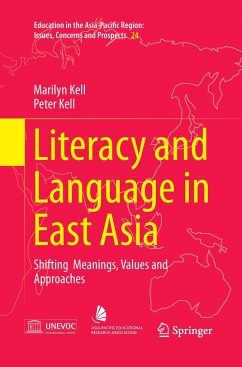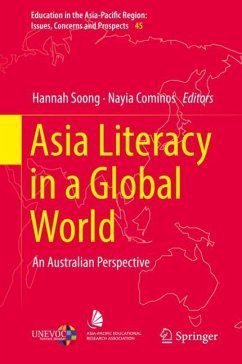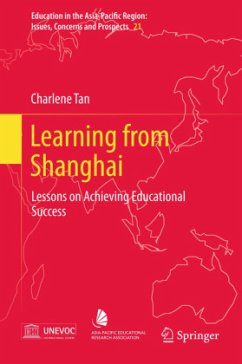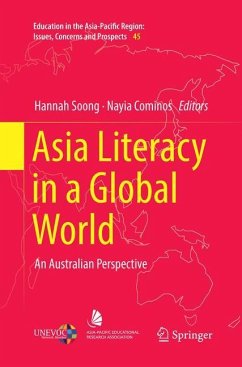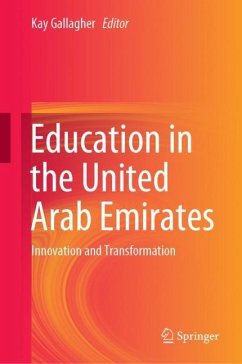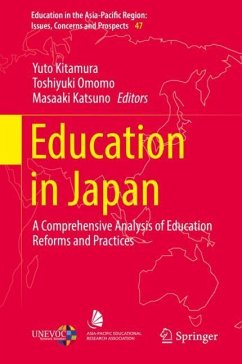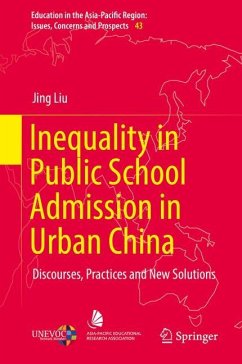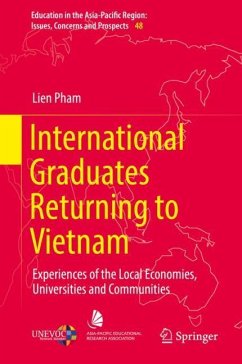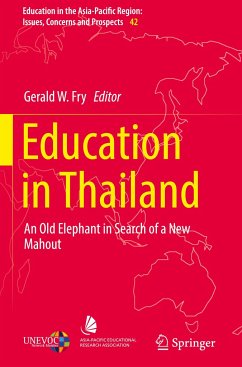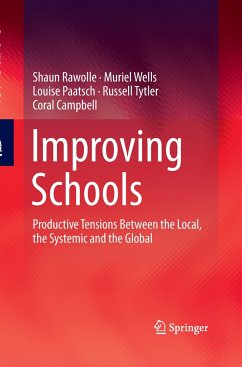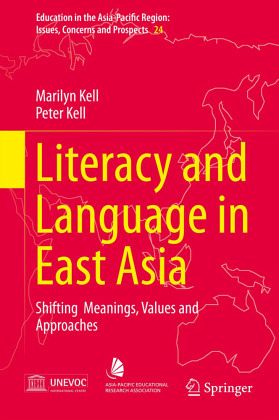
Literacy and Language in East Asia
Shifting Meanings, Values and Approaches
Versandkostenfrei!
Versandfertig in 6-10 Tagen
38,99 €
inkl. MwSt.
Weitere Ausgaben:

PAYBACK Punkte
19 °P sammeln!
This book critically explores why some Asian nations are on top of the world in students' achievement tests in reading and literacy, yet governments and industry in these nations are anxious about a crisis in education.Why are governments anxious about the capabilities and skills of school and university graduates in a global economy when there is a Asian economic boom? The authors explore questions about how the Asian countries value test-based examination curriculum and its influence on the practices of teaching learning and the lives of young people in Asia. The authors describe the challen...
This book critically explores why some Asian nations are on top of the world in students' achievement tests in reading and literacy, yet governments and industry in these nations are anxious about a crisis in education.
Why are governments anxious about the capabilities and skills of school and university graduates in a global economy when there is a Asian economic boom? The authors explore questions about how the Asian countries value test-based examination curriculum and its influence on the practices of teaching learning and the lives of young people in Asia. The authors describe the challenge of change for East Asian nations to develop more relevant approaches to literacy and language and more inclusive societies focussed on the needs of young people and not exam results.
Why are governments anxious about the capabilities and skills of school and university graduates in a global economy when there is a Asian economic boom? The authors explore questions about how the Asian countries value test-based examination curriculum and its influence on the practices of teaching learning and the lives of young people in Asia. The authors describe the challenge of change for East Asian nations to develop more relevant approaches to literacy and language and more inclusive societies focussed on the needs of young people and not exam results.




